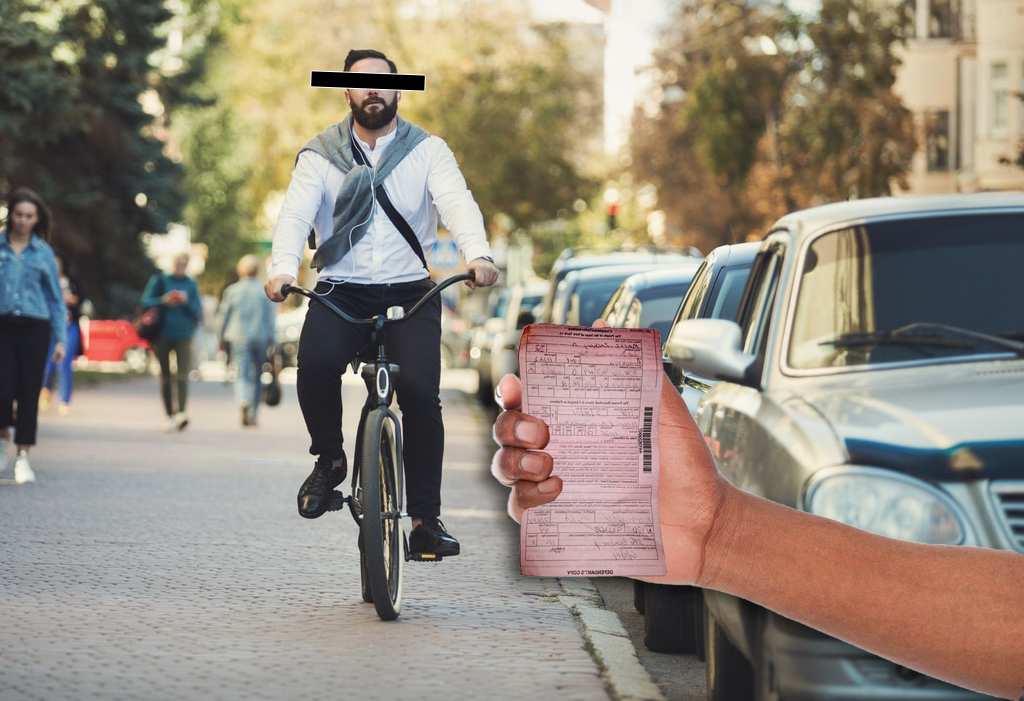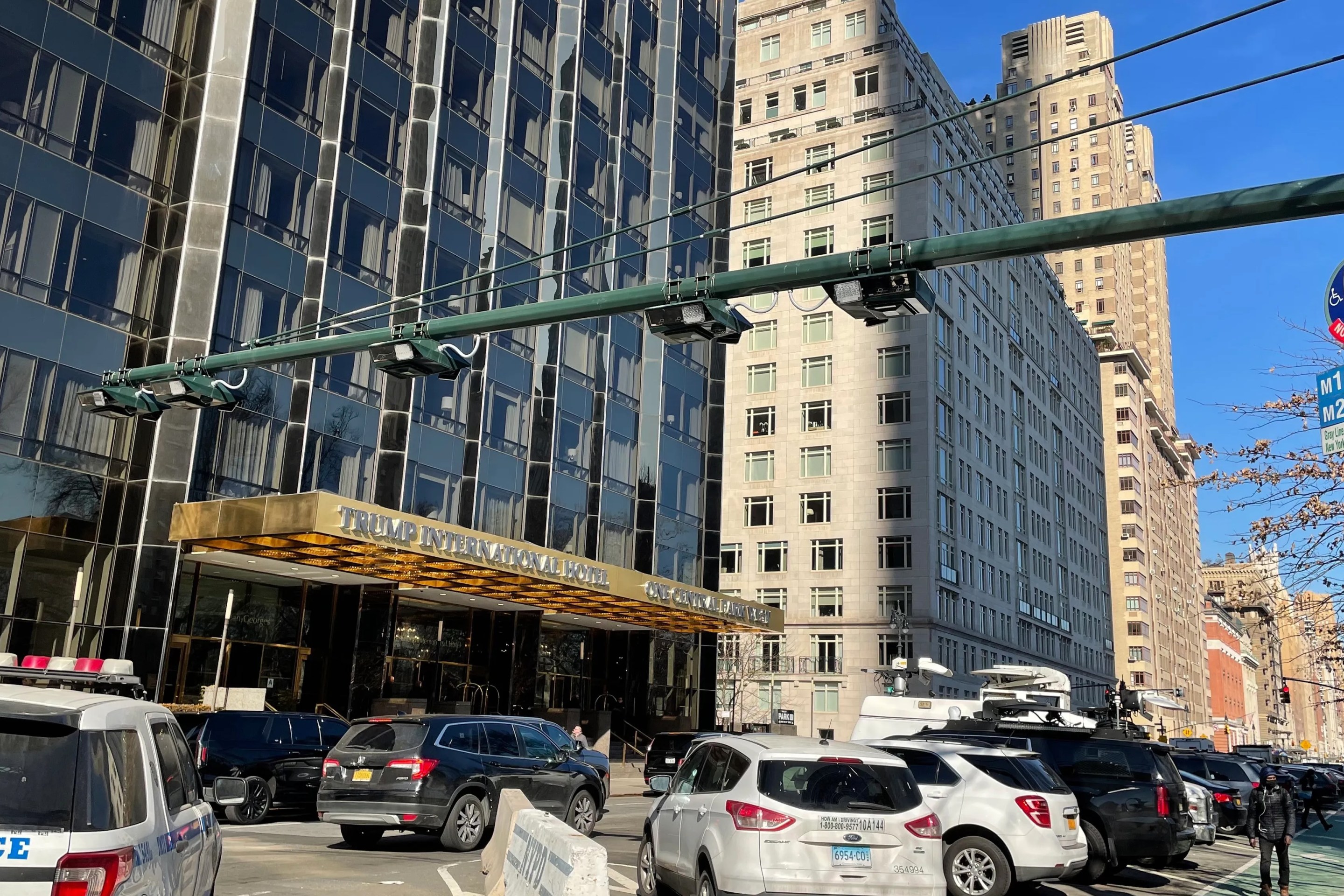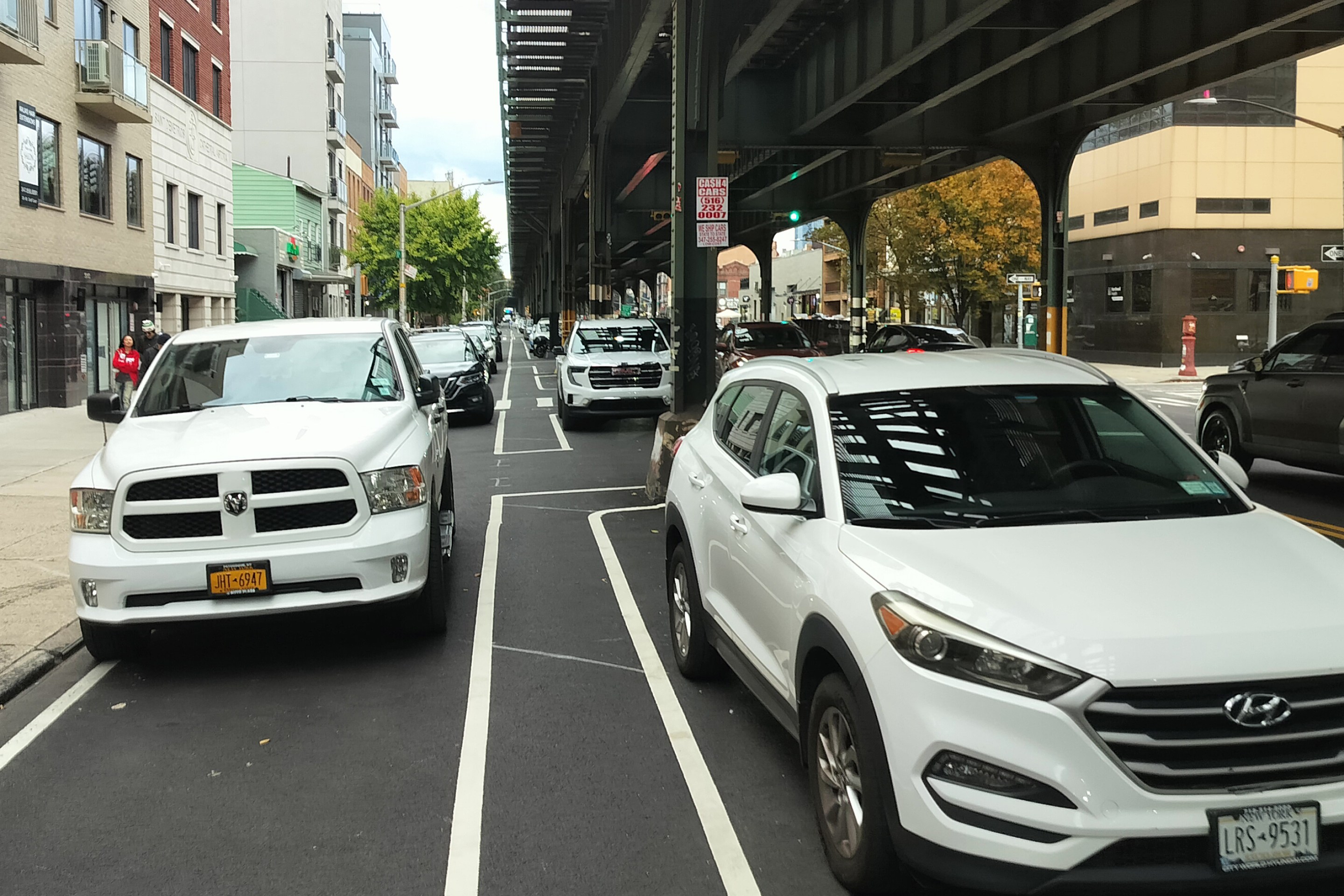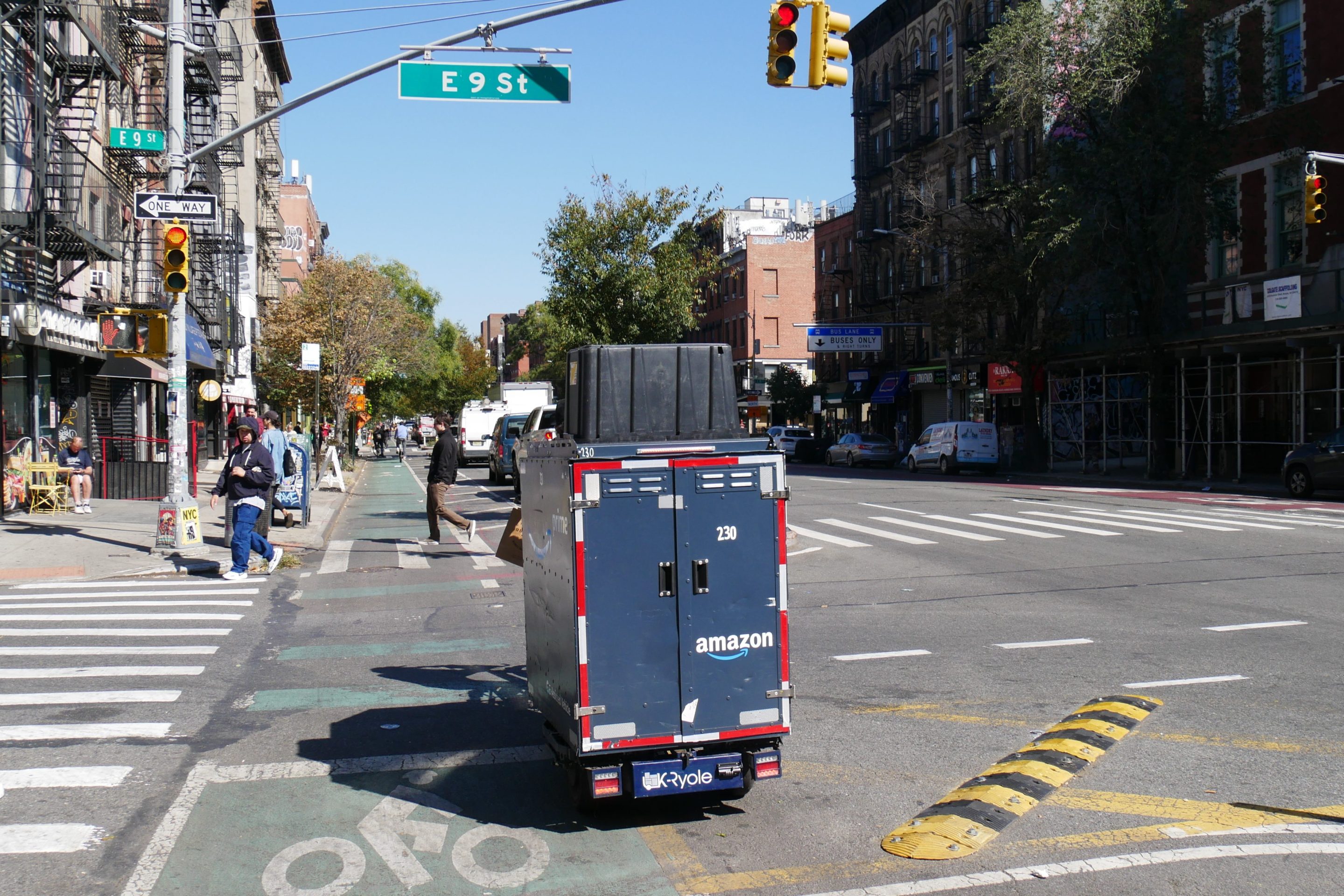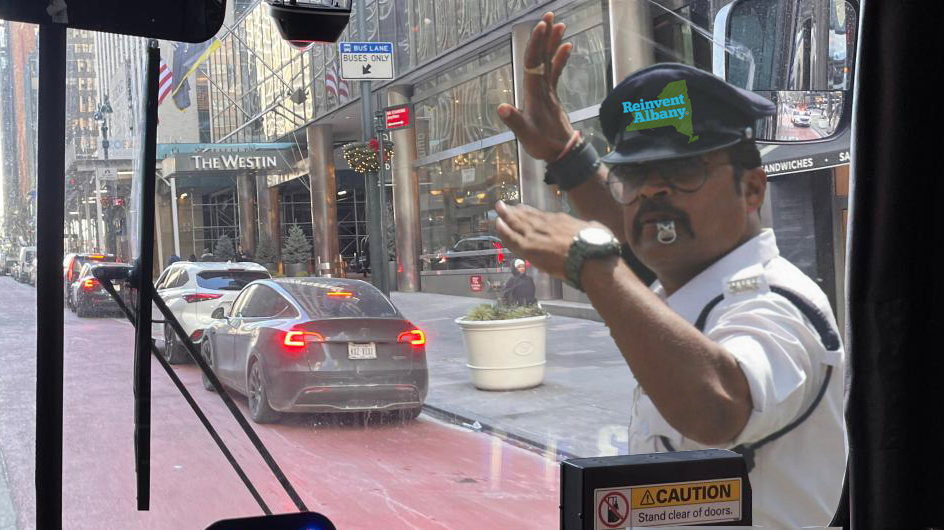This afternoon, a coalition of more than 200 groups sent a letter to Governor Andrew Cuomo [PDF] asking him to sign the transit lockbox bill, which would help safeguard dedicated transit funds by requiring the state to disclose the impact of any raids on transit agency budgets. The pressure is on: The governor has until the middle of next week to sign or veto the legislation.
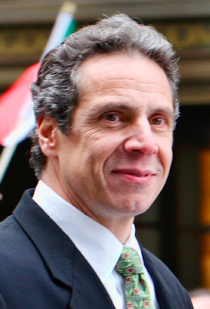
The clock is ticking because although the bill unanimously passed both the Senate and Assembly in June, it was only officially called up to Cuomo's desk on Friday, starting a review period that gives the governor until next Wednesday to make a decision.
In 2011, a similar bill that covered only the MTA passed the legislature but was gutted at the governor's request during a special session late in the year. Advocates are hopeful that the new bill, which covers all transit agencies statewide, will benefit from a renewed public focus on transit investment after Hurricane Sandy -- as well as broad support in both the legislature and among transit, business, labor, environmental, social justice, and good government organizations.
"We expect either a veto or a signature," Tri-State Transportation Campaign's Nadine Lemmon said. "As far as I know, he only has those two options."
While only a constitutional amendment can expressly prohibit budget raids, the lockbox bill would add a measure of transparency so that the governor and legislature would have to say exactly what will happen to transit service as a result of their budget maneuvers. With the full costs known up front, advocates hope transit raids would become less common.
"I've had legislators say to me, 'If I knew this bus line was going to be cut, I would've never voted for it,'" Lemmon said. "It's like voting for stuff with a blindfold on."
Lemmon credited labor groups for building strong support for the lockbox bill in the legislature and the New York City Council, and hoped that the business effects would get the governor's attention. The coalition today specifically cited Kawasaki, Bombardier, Alstom, and Nova Bus manufacturing operations in New York state, which depend in large part on orders from transit agencies across the state.
"You can get such a diverse coalition behind transit," Lemmon said, adding that she is confident about the bill's strong support this year when compared with 2011, pointing to coalition members such as AARP, the General Contractors Association, and the New York State AFL-CIO. "This time around, we're hearing more from the transit providers themselves," she said, adding that upstate newspapers have also urged the governor to sign the bill.
"It's not just an impact on service; it's an impact on job creation," said Bob Zerrillo, policy director of the New York Public Transit Association, which represents both transit agencies and manufacturers. "This money does go back into the economy that goes back and sustains jobs."
The transit lockbox bill isn't the only transportation funding issue on the table, and advocates are watching how Cuomo approaches the bill currently on his desk. The MTA's capital program is looming on the horizon. And, even with a TIFIA loan in hand, the state is on the hook for billions of dollars going to the new Tappan Zee Bridge.
"He's facing a situation where all of the transportation funding streams are up against a wall," Lemmon said. "The transit lockbox bill is a promise to the voters, and it's a promise to the taxpayers."
Streetsblog has asked the governor's office if he intends to sign or veto the legislation. We have not received a response.
